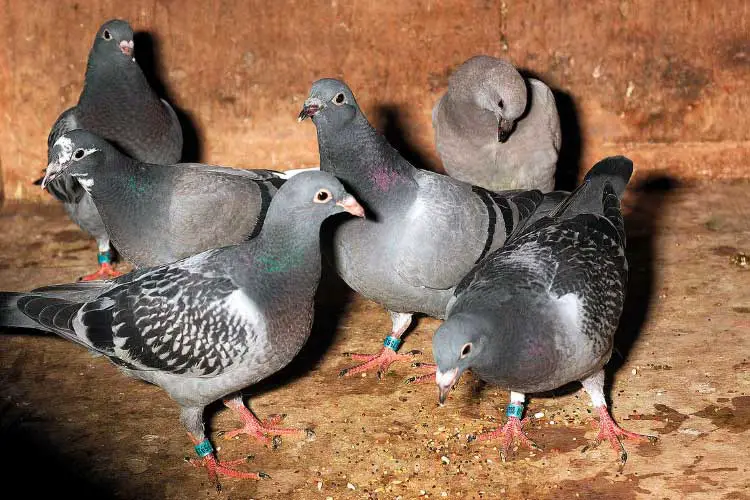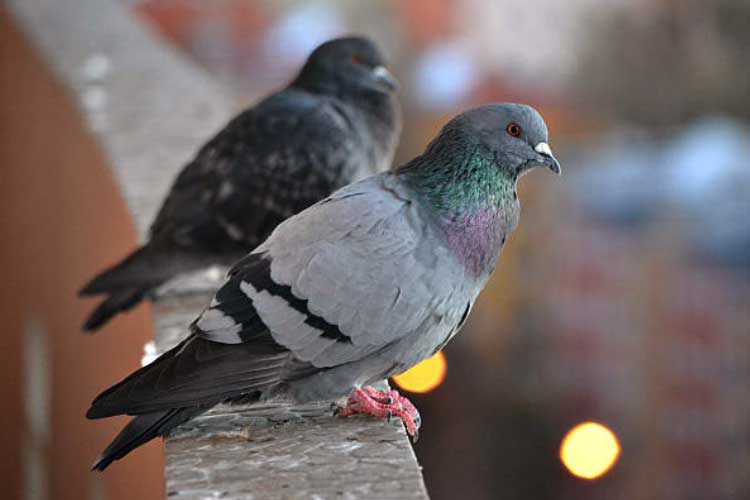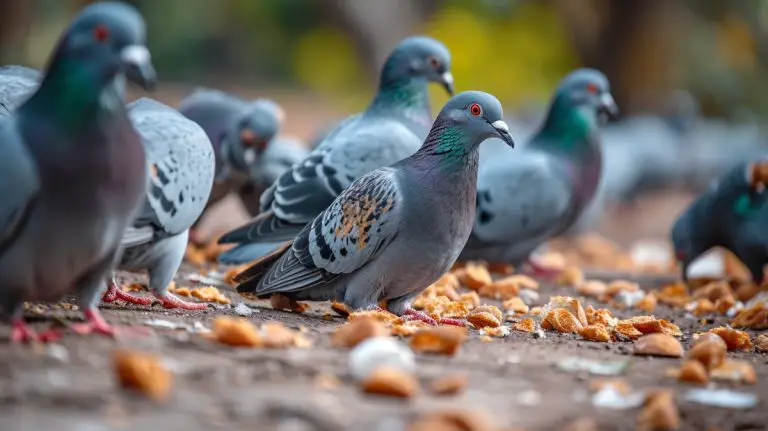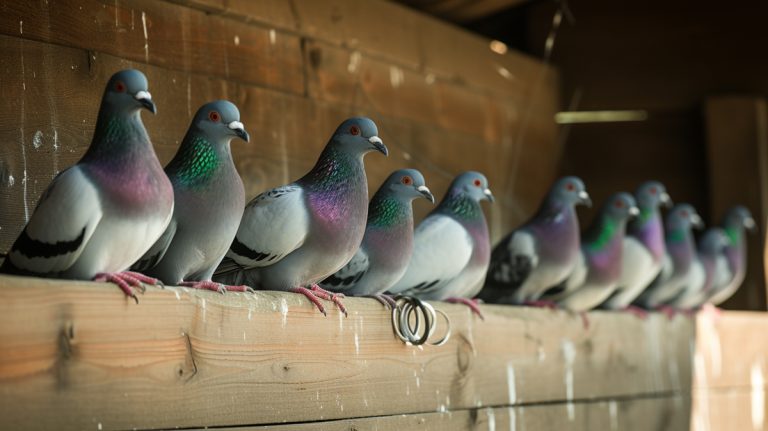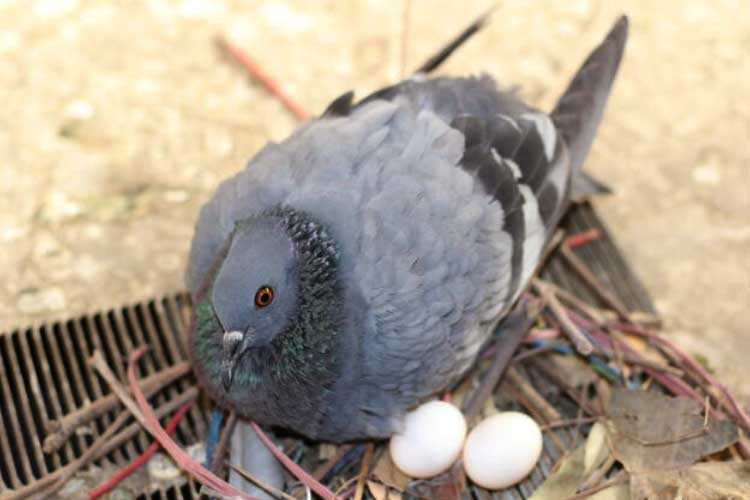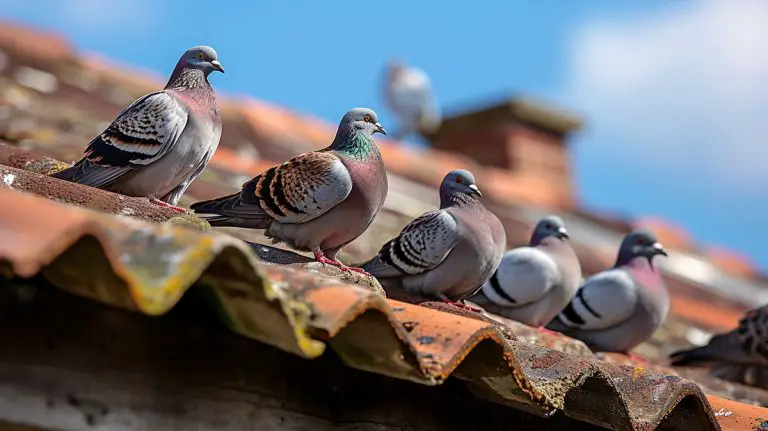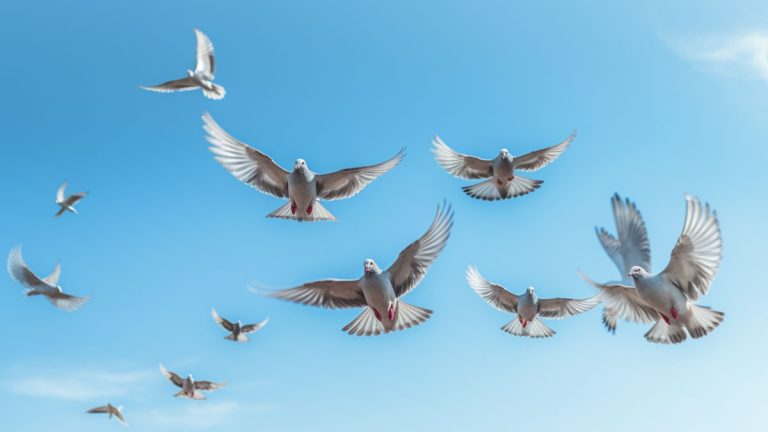Pigeon Diarrhea 101: Everything You Need To Know
If you are a pigeon owner, it is important to understand the basics of pigeon diarrhea. Many factors can cause pigeon diarrhea, and it can be a symptom of a more severe health condition.
But what is pigeon diarrhea in the first place? Pigeon diarrhea is a condition that can affect both wild and domesticated pigeons. It is caused by the buildup of bacteria and yeast in the bird’s digestive tract, leading to runny, yellowish-green stool. Left untreated, pigeon diarrhea can lead to more serious issues such as dehydration, malnutrition, and even death.
This blog post will discuss what pigeon diarrhea is, how to identify it, and how to best treat it. We will also advise on how to prevent future occurrences.
What Is Pigeon Diarrhea?
Pigeon diarrhea, also known as pigeon dysentery, is a bacterial infection affecting pigeons and other birds. Escherichia coli (E. coli), a bacteria responsible for the disease, can have serious consequences for both pet and wild birds.
The bacterium can be found in infected birds’ feces and transmitted through contaminated food and water sources. This can also pass from one bird to another through direct contact, including when birds are perched together or are sharing food.
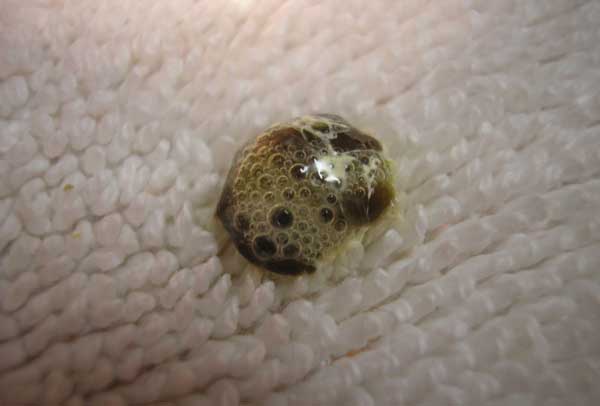
In severe cases, the infection can cause damage to the bird’s internal organs and lead to death. The incubation period for the disease is typically three to five days. And birds can remain carriers of the bacteria even after they have recovered from the infection.
What Does Pigeon Diarrhea Look Like?
- Pigeon diarrhea is usually a soft and watery excrement that is green or yellow in color.
- It may also contain undigested food particles and increased urates (a whitish waste product).
- In some cases, the excrement may be discolored or contain traces of blood, which can indicate a more serious underlying health issue.
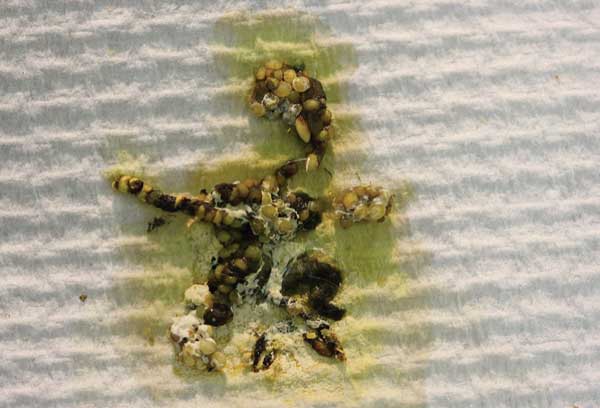
If you notice any changes in the appearance of a pigeon’s feces, it’s best to consult a veterinarian for proper diagnosis and treatment.
Symptoms of Pigeon Diarrhea
Pigeon diarrhea can cause a range of symptoms. Recognizing your pet bird’s warning signs is crucial to provide them with the necessary treatment promptly.
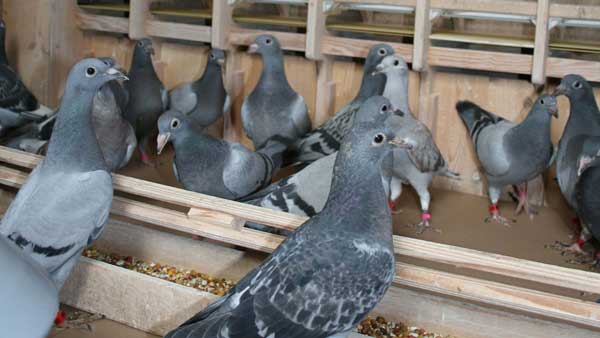
- Watery feces: One of the most noticeable symptoms of pigeon diarrhea is a change in the consistency of the bird’s feces. Instead of a solid dropping, the feces will be loose and watery.
- Increased frequency: Another symptom of pigeon diarrhea is an increased frequency of defecation. Pigeons may be seen defecating more often than normal, which can be accompanied by an increased volume of feces.
- Appetite loss: Pigeons with diarrhea may also experience a loss of appetite. They may not eat or drink as much as they normally would, and they may lose weight as a result.
- Abdominal pain: Pigeons with diarrhea may show signs of abdominal pain. They may hunch over, appear in discomfort, or have difficulty standing or perching.
- Lethargy: Pigeons with diarrhea may become lethargic and inactive. They may be seen sitting for long periods or moving more slowly than usual.
- Dehydration: The fluid loss that occurs with diarrhea can cause dehydration in pigeons. Signs of dehydration include sunken eyes, dried-out mucus membranes, and wrinkled skin.
- Weight loss: Pigeon diarrhea can cause weight loss, but it is usually a secondary effect of an underlying illness. The primary cause of weight loss in pigeons with diarrhea is usually related to decreased food intake or increased metabolic demands due to the body fighting off the illness.
- Vomiting: In some cases, pigeons with diarrhea may also experience vomiting. This can result in further fluid loss and exacerbate diarrhea symptoms.
Pigeon Diarrhea Diagnosis
Diagnosing pigeon diarrhea can be challenging, as many possible contributing elements exist. These can range from excess carbohydrates in their diet, contact with harmful bacteria or parasites, or anxiety brought on by shifts in the environment or living quarters.
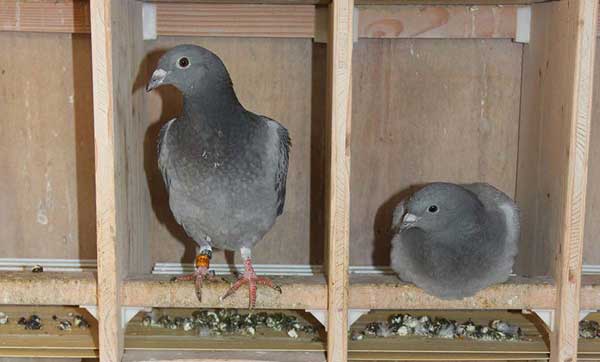
Treatment for pigeon diarrhea usually involves addressing the underlying cause of the condition.
- For example, if the bird is suffering from a bacterial infection, antibiotics, such as enrofloxacin and amoxicillin are commonly used to treat the disease and are usually administered orally or intravenously.
- Supportive care (such as fluid therapy) may include providing the bird with clean food and water, and taking steps to keep the bird warm and prevent stress.
- In cases where the bird’s diet is to blame, a change in diet or feeding habits may be recommended to improve its health.
- See veterinary care as soon as possible if you suspect your pigeon may suffer from diarrhea. Additionally, your veterinarian can provide the information and support you need to help your bird recover and maintain good health.
How To Prevent Pigeon Diarrhea
To prevent the spread of pigeon diarrhea, bird owners should practice good hygiene and cleanliness, especially in areas where birds are housed and fed. This may include regular cleaning of feeders and waterers, as well as providing clean bedding and avoiding overcrowding in bird pens or aviaries.
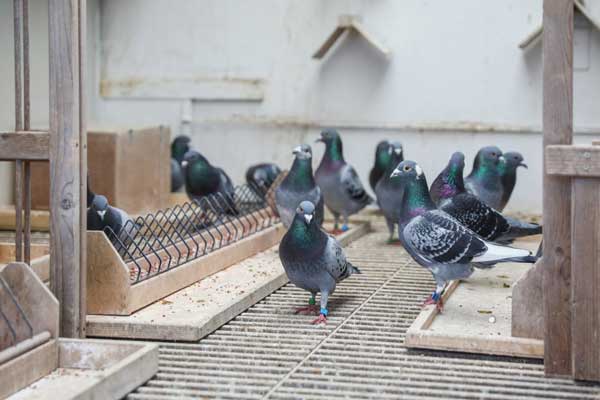
Additionally, bird owners should isolate infected birds from healthy ones until they have fully recovered. And they should only introduce new birds into a flock after testing them for the presence of the bacterium.
If you’re interested in learning more about pigeon predation and behavior, you might find our articles on crow vs pigeon and do hawks eat pigeons helpful. Our article on crow vs pigeon sheds light on the interactions between these two bird species, while our article on do hawks eat pigeons explores the feeding habits of hawks and their interactions with pigeons. Check them out to deepen your understanding of pigeon behavior and predation.FAQs
This section will cover some of the most frequently asked questions about pigeon diarrhea. Read on to learn more.
Various factors, including infectious diseases such as salmonella, E. coli, and candidiasis, can cause pigeon diarrhea. Other potential causes include poor quality or spoiled food, contaminated water, stress, overfeeding, and changes in diet.
Pigeon diarrhea can be contagious to other pigeons and potentially to other birds. It can spread through contaminated food, water, or the environment. If you have a pigeon with diarrhea, it is recommended to isolate the bird and provide proper veterinary care to prevent the spread of the disease.
Treating pigeon diarrhea depends on the underlying cause of the condition. Some common causes of pigeon diarrhea include bacterial or viral infections, parasites, stress, or dietary changes.
Conclusion
Pigeon diarrhea, also known as avian dysentery, is a common problem in captive pigeons, especially racing pigeons. The symptoms of pigeon diarrhea include loose, watery stools and, sometimes, a noticeable change in the color and consistency of the droppings.
Several factors, including improper diet, stress, parasites, and bacteria, can cause the disease. Pigeon diarrhea can be a serious condition and can quickly lead to dehydration and malnutrition. Proper hygiene and management practices are essential in preventing the spread of the disease to other pigeons.
